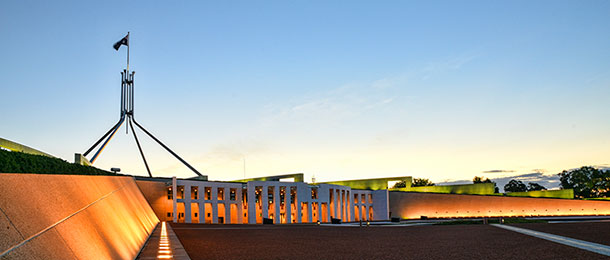A raft of superannuation changes introduced as part of this year’s budget may not pass through parliament before the next election, impacting the ability of SMSF advisers and trustees to plan for their use from next year onwards.
Actuarial certificate provider Accurium recognised this may be an issue noting the draft sitting calendar for the first half of 2022 indicated there is unlikely to be sufficient days for the government to introduce and pass legislation for nine changes contained in the budget and welcomed by the superannuation sector.
“The usual practice since 1994 has been to have three sitting periods of federal parliament each year, extending from February to April (autumn sittings), May to June (budget sittings) and August to December (spring sittings),” Accurium stated in an online update.
The post added the last day for the most recent sitting of parliament was 2 December and the draft sitting calendar for the first half of 2022, already released by the government, had only the sitting days scheduled for the lower house and not the upper house.
“Excluding the three-day budget sitting, brought forward to 29 March, there is only seven sitting days scheduled for the lower house. However, passage of legislation to becoming law will require the Senate to sit as well,” it said.
“The last date for a normal house and half-Senate election is 21 May 2022 and constitutionally a campaign must run for a minimum of five weeks. It appears that the current ‘vibe’ for a likely election is sometime in March 2022.
“If this is the case, it is likely that the number of actual sitting days prior to the election in 2022 will be less than the seven scheduled.”
Accurium noted once these sitting days ended and an election was called, the Treasury Laws Amendment (Enhancing Superannuation Outcomes for Australians and Helping Australian Businesses Invest) Bill 2021 would lapse and bring to an end any current work on changes to the exempt current pension income choice of calculation, work test reforms for superannuation contributions and reducing the eligibility age for downsizer contributions.
Additionally, no further legislation will be introduced for the removal of the work test for those aged 67 to 74, the relaxation of the residency requirement for SMSFs and allowing holders of certain legacy pensions to exit them and commute amounts in excess of their transfer balance cap.
“With a federal election to be called next year, time is of the essence for superannuation-related measures, draft legislation and bills to be passed into law,” Accurium said.
“[So when considering certain] strategies, keep in mind what rules are actual law and whether any strategy is dependent upon the passage of legislation or proposed measures that are yet to evolve into draft legislation to be passed which may be affected by the looming federal election,” it advised.


